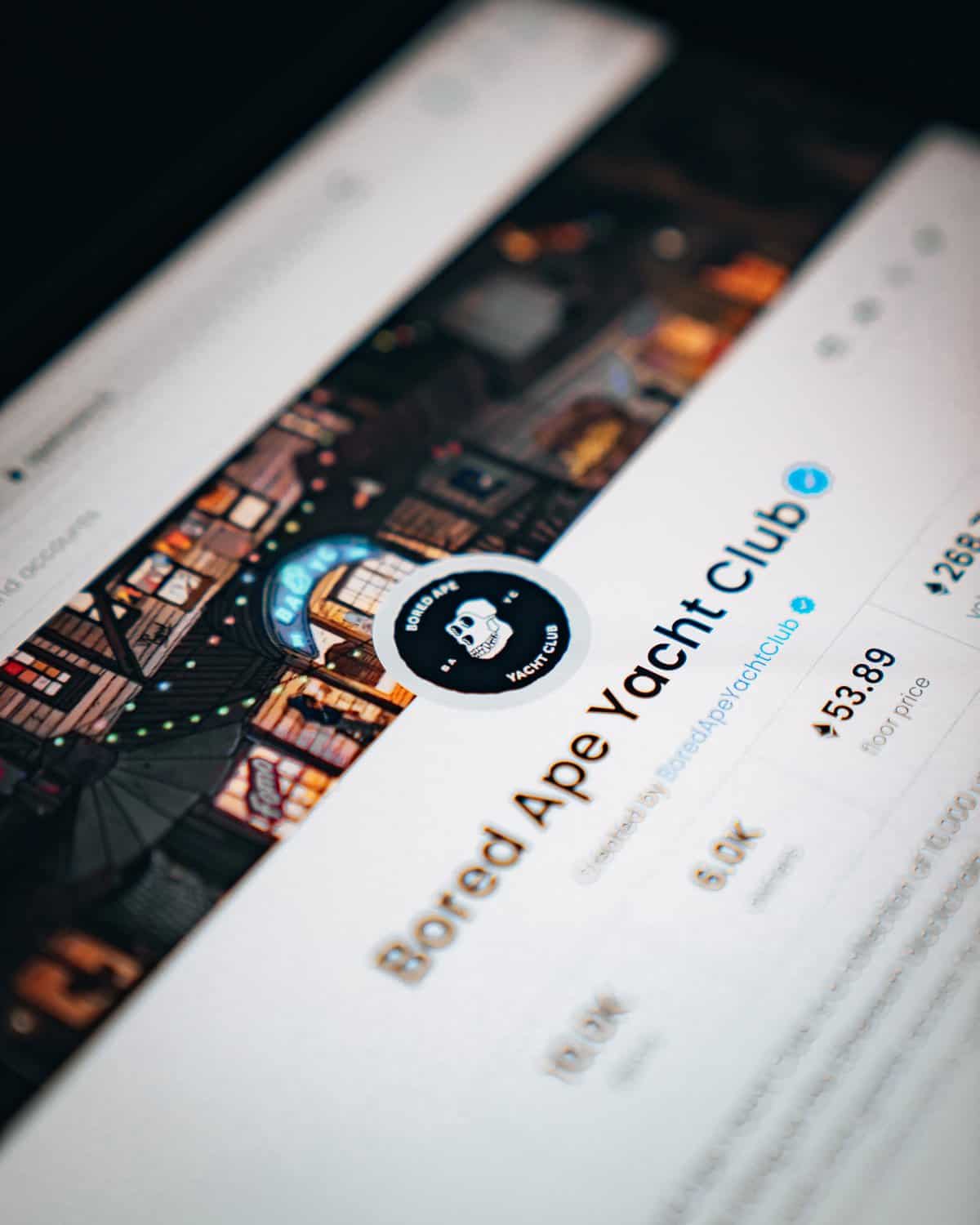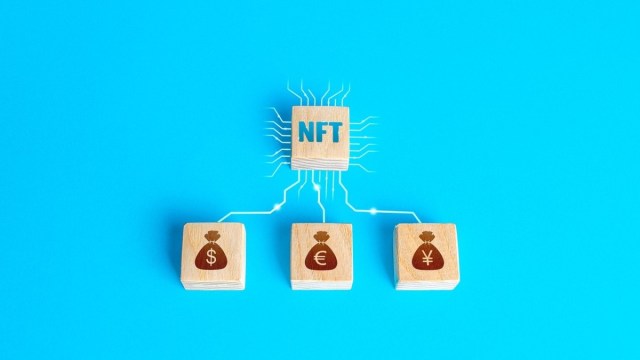NFTs stand for non-fungible tokens – essentially, that means they are unique, one of a kind. One person has the single ownership of the NFT, but this is where it gets slightly confusing – hundreds of people can own and sell a copy of the NFT, but only the creator will hold the precious original. When you think of it like that, they’re more semi-unique.
Still, the NFT world is booming with excitement, chatter, and people throwing millions of dollars into the new investment market. Most of the attention is on digital art and trading cards, but it’s now expanding into music and plots of land within the Metaverse. But the question is, how will B2B marketers benefit from the growing $24.9 billion market – valued in 2021, up from $94.9 million in 2020 – that’s primarily a public fuelled market at present? Let’s explore.

Customer Loyalty
There are already tons of statistics that highlight the importance of customer loyalty. 65% of a business’s profits come from loyal customers, a 5% increase in customer retention boosts profits by 25 to 95%, and 82% of companies agree that retention is cheaper than acquisition. That’s all well and good, but to reap the rewards of those statistics, B2B brands must focus on personalization and rewards, especially considering 75% of customers favor brands that offer rewards.
NFTs could be the next best thing for buyer loyalty. There are already programs out there that reward based on purchases, communication, and referrals – explore this Incentive Smart link to learn more about current B2B loyalty programs at www.incentivesmart.com/customer-loyalty. These are essential components of customer service and, therefore, retention.
Incorporating NFT rewards could invoke a new level of brand loyalty, awareness, and referrals. Businesses worldwide have already dived headfirst into NFTs – eBay, Twitter, and Shopify have already invested heavily in NFTs, proving it’s just as much for businesses as for the general public.
Brand Awareness
NFTs, whether a B2B brand creates their own or buys into one to give away as rewards, are excellent for spreading brand awareness. B2C brands like Puma, Taco Bell, Coca-Cola, and McDonald’s are, to name but a few, of the brands that are utilizing NFTs for marketing purposes. Advertising NFTs on Twitter – where the NFT community is massive – and on online marketplaces will spread brand awareness.
The trick is to attach something called a utility to the NFT – essentially additional perks attached to owning part of a collection. Taco Bell, for example, attached a $500 gift card to each NFT. There’s a great chance to capitalize on the profits that come with creating NFTs and spread brand awareness while nurturing buyer loyalty.

Getting Ahead Of The Competition
Many B2C brands have created and sold NFTs for marketing, consumer loyalty, and consumer acquisition reasons – but the B2B industry currently lags. Many predict the NFT market will soon reach a CAGR of 39.6% – growth is occurring at an exponential rate.
Still, studies show that 56% of marketers will invest heavily in digital marketing in 2022 – NFTs and the Metaverse should be on the hit list. B2B brands could explore creating virtual business-based worlds in the Metaverse with exclusive access for brand NFT holders. It’s a technique that brands like Nike, Gucci, Adidas, and Disney have already adopted.
There is an untapped potential for B2B brands to jump on the NFT bandwagon and incorporate it into current B2B customer loyalty programs. The NFT market exploded in 2021, and the concept has only been around for less than three years. Considering the rapid market growth and infancy of the exploding market now is the best time to capitalize on NFTs.